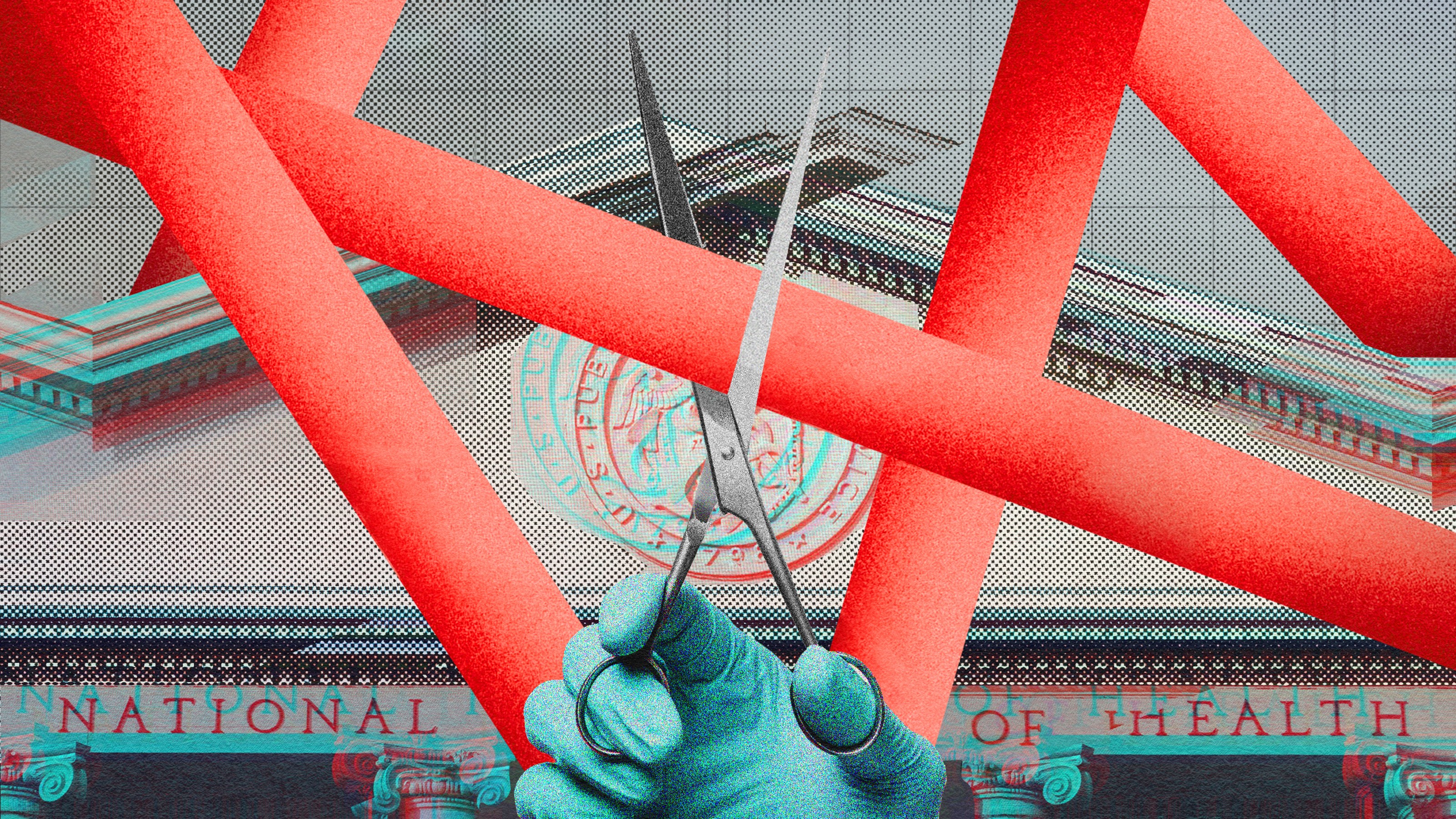Question: Is it a positive development that elite universities are seeing more applications for fewer spots?
Caperton: Well, I think first of all that if we didn’t have electronic applications that you wouldn’t see quite that same kind of growth. I think, second of all, is that, I see that as a good sign because those institutions are recognized as being institutions of great excellence, worldwide excellence, so if more and more students think of themselves as world class scholars, it’s great that there’s that many kids that want to go to the very best schools. When I talked to parents and students, what I emphasize is there’s so many great schools in America, and as a minister told me once when I was quite young, and he was talking about the people that came to him for advice, he said, I told him that [there’s not this] college or university you’d go to that you can learn all they have to teach you. So, I believe that we have a great number of great institutions in this country and your future then depend upon going to the very best, that people can get a great education, and if you look at people that are successful in this country, not all of them have gone, certainly many of them haven’t gone to what we would consider the most elite schools in this country.
Gaston Caperton, a former two-term governor of West Virginia, is the eighth president of the College Board, a not-for-profit membership association founded in 1900 that consists of 5,000 of the[…]
▸
2 min
—
with
Related
“Amid the chaos, he remembered his life being eerily calm as he knew it wasn’t if, but when they would be hacked to pieces. He just kept kicking.”
“The primary way that people make friends is through institutions.”
There is one obstacle that reliably blocks innovative ideas: how we fund science.
Psychologist Noel Brick shares the mental techniques we can use to improve our performance on and off the field.
The Santa Fe Institute is a cradle of modern research. Our host Kmele meets some of the brilliant minds who work there.
▸
42 min
—
with





